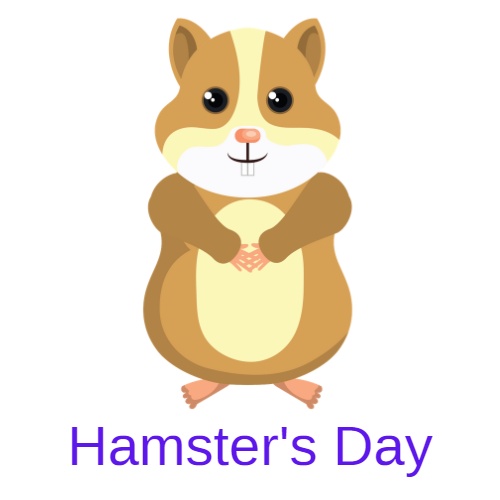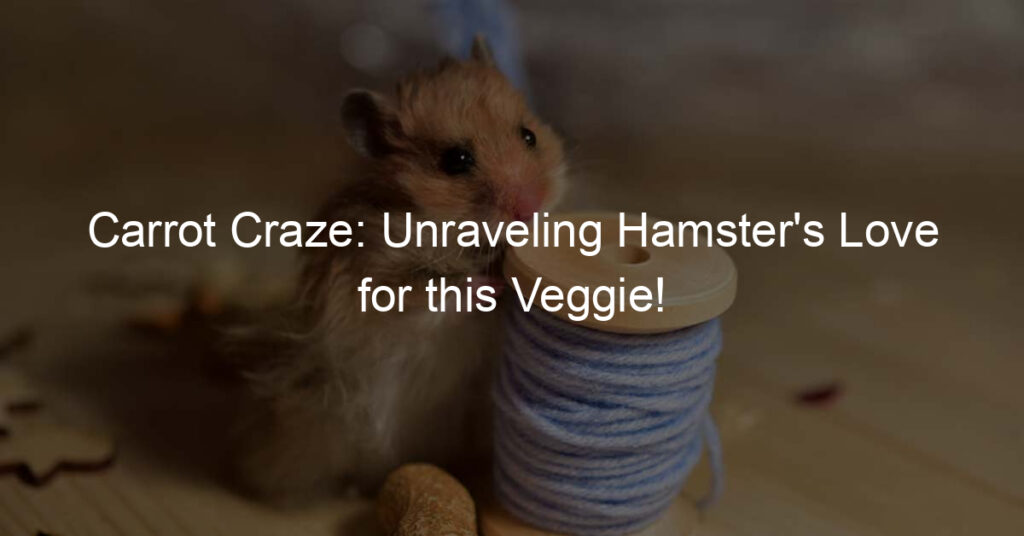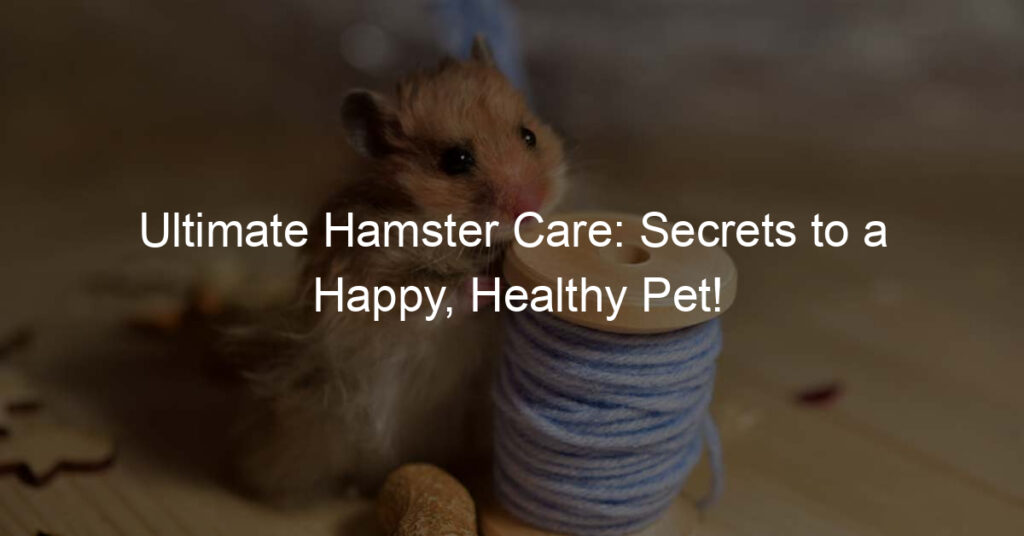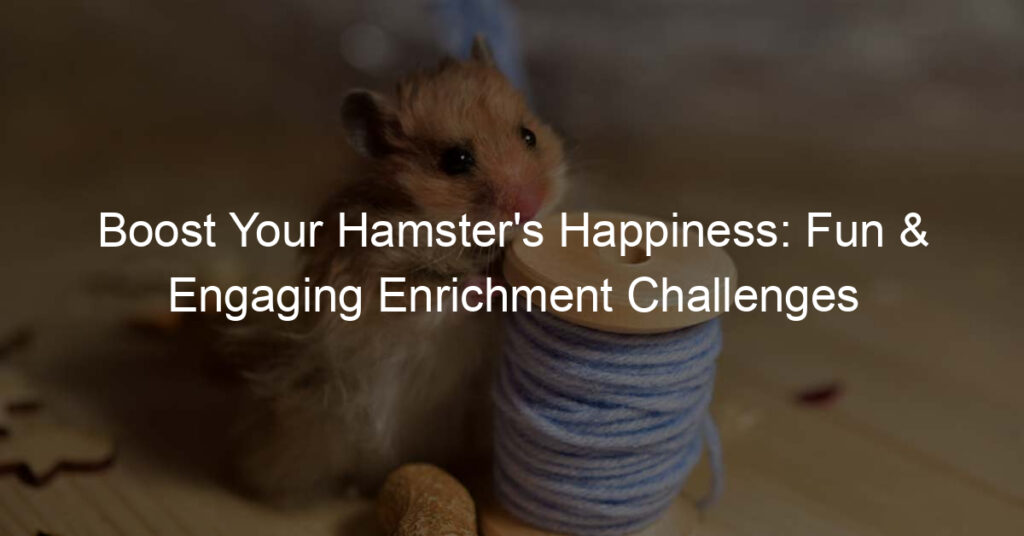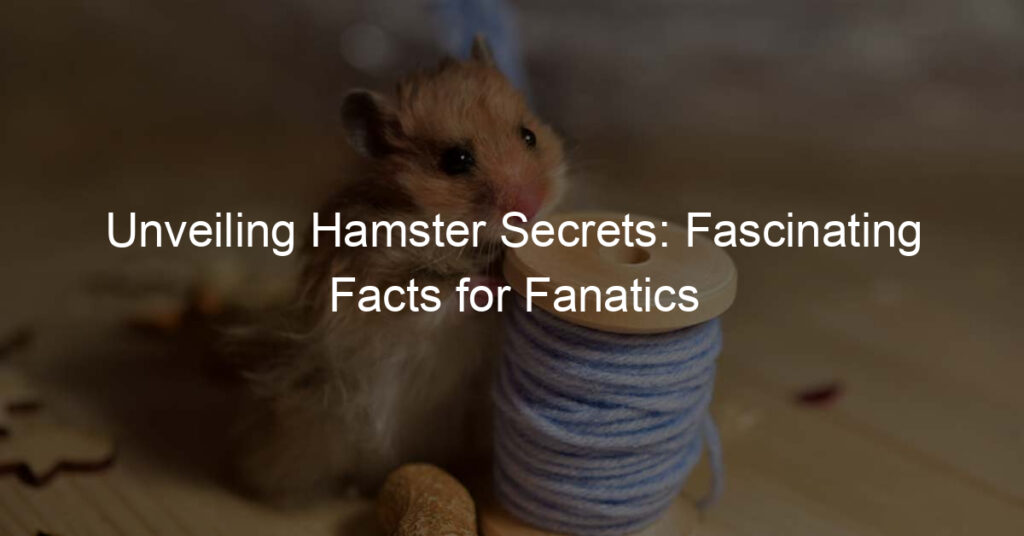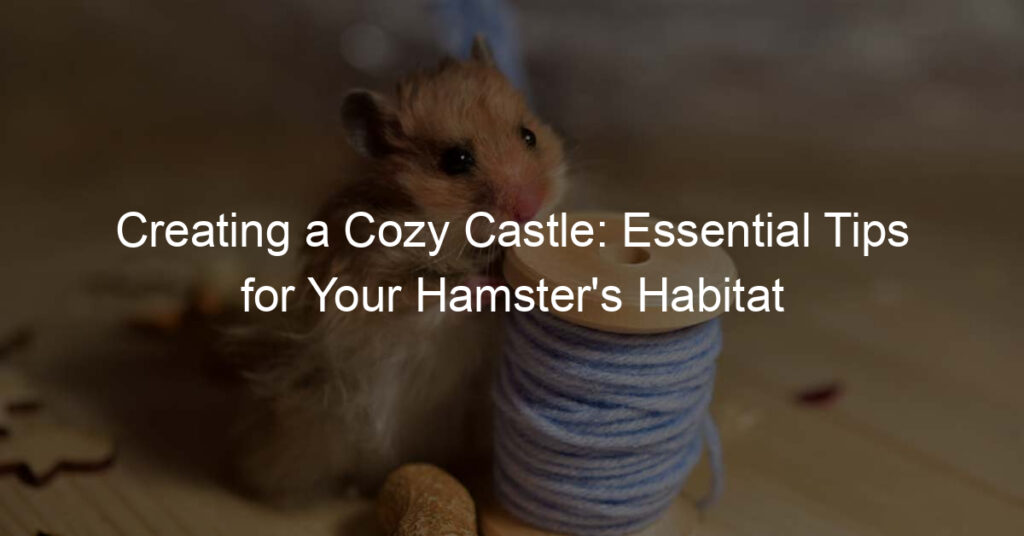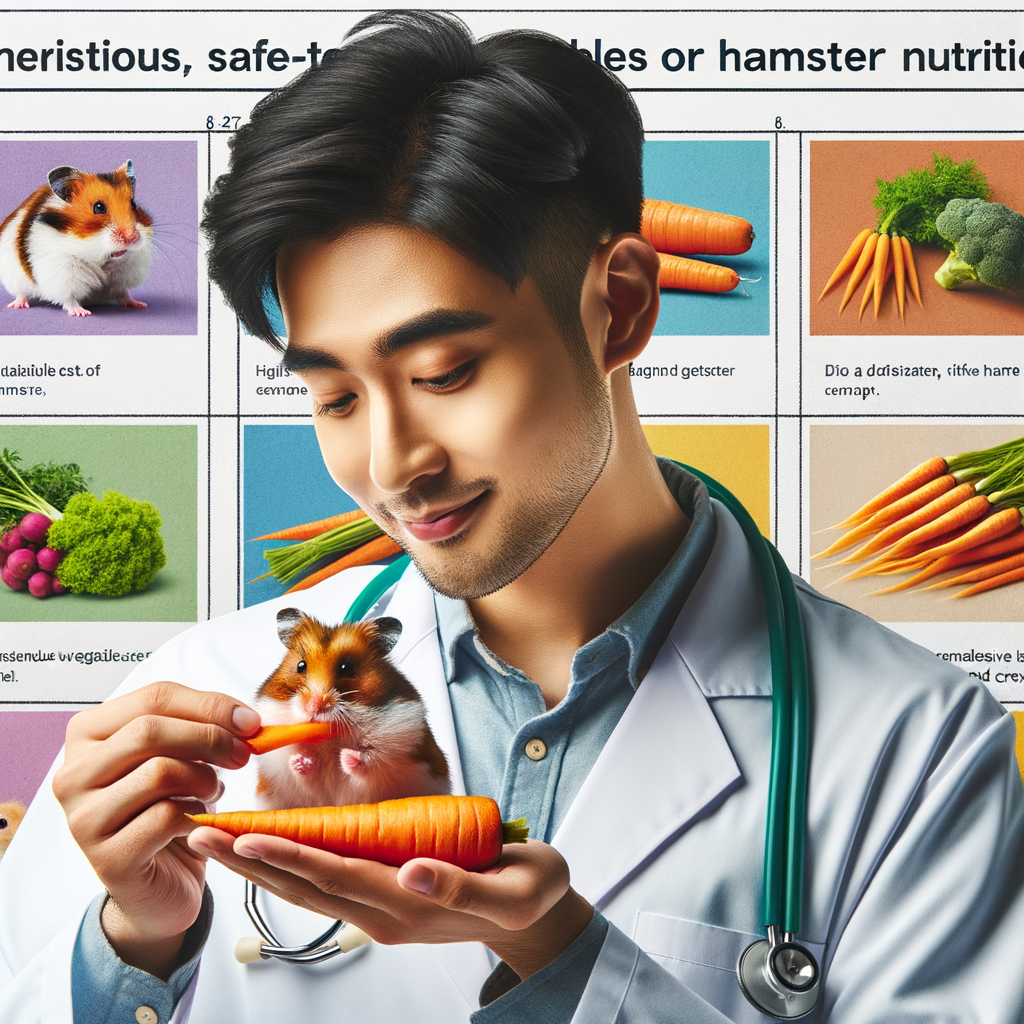
Introduction to Hamster’s Love for Carrots
Hamsters are adorable little creatures that have a fascinating diet. One of their favorite foods is the humble carrot. But why do hamsters love carrots so much? Let’s delve into the world of hamsters and their love for this crunchy vegetable.
-
Understanding Hamster’s Diet
Hamsters are omnivores, which means they eat both plants and meat. In the wild, their diet consists of seeds, grasses, insects, and even small animals. However, in captivity, hamsters are often fed a diet of commercial hamster food, fresh fruits, and vegetables. Among these, carrots are a popular choice due to their nutritional value and the fact that they are easy for hamsters to eat.
Carrots are packed with vitamins and minerals that are beneficial for hamsters. They contain Vitamin A, which is essential for a hamster’s eye health, and Vitamin C, which boosts their immune system. Moreover, the crunchy texture of carrots helps keep a hamster’s teeth in good shape as they love to gnaw on hard foods.
-
Why Carrots are a Favorite
Carrots are a favorite among hamsters for several reasons. Firstly, their bright color and sweet taste make them appealing to these little creatures. Secondly, the crunchiness of carrots provides a fun and satisfying chewing experience for hamsters, which is important as their teeth never stop growing and need to be worn down.
Additionally, carrots are easy for hamsters to hold and eat, making them a convenient food choice. Lastly, the high water content in carrots helps keep hamsters hydrated, especially during the summer months. However, due to their high sugar content, carrots should be given in moderation as part of a balanced diet.
In conclusion, carrots are a favorite food of hamsters due to their nutritional value, appealing taste, and texture. However, like all foods, they should be given in moderation to ensure your hamster maintains a balanced diet. Stay tuned for more insights into the fascinating world of hamsters and their dietary habits.
Carrot Diet for Hamsters
When it comes to feeding your hamster, carrots can be a healthy and delicious addition to their diet. Let’s explore the benefits of incorporating carrots into your hamster’s meal plan.
Benefits of Carrots for Hamsters
Carrots are not only tasty, but they also provide numerous health benefits for your furry friend. Here are two key benefits:
- Nutritional value of carrots
- Improvement in hamster health
Carrots are packed with essential nutrients that are beneficial for your hamster’s health. They are rich in vitamins A, K, and B6, as well as dietary fiber. Vitamin A promotes good vision, which is crucial for nocturnal animals like hamsters. Vitamin K aids in blood clotting and bone health, while B6 supports brain development and function. The fiber in carrots aids digestion and helps prevent obesity.
Regular consumption of carrots can lead to noticeable improvements in your hamster’s health. The high fiber content helps maintain a healthy digestive system, reducing the risk of constipation. The vitamins in carrots boost the immune system, helping your hamster fight off diseases. Additionally, the crunchy texture of carrots promotes dental health by naturally cleaning your hamster’s teeth as they chew.
In conclusion, incorporating carrots into your hamster’s diet can contribute significantly to their overall health and well-being. However, like all foods, carrots should be given in moderation to prevent overfeeding and ensure a balanced diet.
Feeding Hamsters Carrots: How and How Much?
When it comes to feeding your hamster carrots, there are two key factors to consider: the proper portion sizes and the frequency of feeding. Let’s delve into these aspects.
- Proper Portion Sizes
- Frequency of Feeding
Carrots are a great addition to your hamster’s diet, but it’s important to give them in moderation. A small piece of carrot, about the size of your hamster’s paw, is a good portion size. This ensures that your hamster gets the nutritional benefits of the carrot without overeating. Remember, too much of anything can be harmful, and the same applies to carrots. Overfeeding can lead to obesity and other health issues.
While carrots are beneficial for your hamster, they should not make up the bulk of their diet. Feed your hamster a piece of carrot two to three times a week. This will provide them with variety and essential nutrients without overloading their diet with sugar. Always remember to remove any uneaten carrot pieces from their cage to prevent them from spoiling and causing health issues.
In conclusion, while carrots are a healthy and delicious treat for your hamster, it’s important to feed them in moderation. By following these guidelines, you can ensure your hamster enjoys a balanced diet that supports their overall health and wellbeing.
Hamster Health and Nutrition
When it comes to keeping your hamster healthy and happy, a balanced diet is key. This includes a variety of safe vegetables that provide essential nutrients. Let’s explore some of these vegetables and their benefits.
Safe Vegetables for Hamsters
- List of Safe Vegetables
- Broccoli: This green vegetable is packed with vitamins and fiber.
- Carrots: A favorite among many hamsters, carrots are rich in beta carotene.
- Cucumbers: These are hydrating and low in calories.
- Spinach: This leafy green is a great source of iron and calcium.
- Peas: These small vegetables are a good source of vitamin C.
- Benefits of Each Vegetable
Here are some vegetables that are safe for your hamster to consume:
Each vegetable offers unique benefits for your hamster’s health:
| Vegetable | Benefits |
|---|---|
| Broccoli | Helps improve digestion and boosts the immune system. |
| Carrots | Supports eye health and provides antioxidants. |
| Cucumbers | Keeps your hamster hydrated and aids in weight control. |
| Spinach | Strengthens bones and helps prevent anemia. |
| Peas | Boosts the immune system and helps maintain a healthy coat. |
Remember, while these vegetables are safe for your hamster, they should be given in moderation as part of a balanced diet. Always wash vegetables thoroughly before feeding them to your hamster to remove any pesticides or harmful chemicals.
Effects of Carrots on Hamsters
Carrots are a popular vegetable among hamsters. They are not only tasty but also provide a range of health benefits. However, like any other food, they should be given in moderation to avoid potential risks. Let’s delve into the effects of carrots on hamsters.
- Positive effects
- Rich in Vitamins: Carrots are a great source of vitamins, particularly Vitamin A, which is essential for your hamster’s eye health.
- High in Fiber: The high fiber content in carrots aids in digestion, helping to prevent constipation in hamsters.
- Hydration: Carrots have a high water content, which can help keep your hamster hydrated.
- Teeth Health: Chewing on carrots can help keep your hamster’s teeth in good shape by preventing overgrowth.
- Potential risks and how to avoid them
- High Sugar Content: Carrots contain sugar, which can lead to obesity and diabetes in hamsters if given in excess. To avoid this, limit the amount of carrots you give to your hamster and balance it with other foods.
- Choking Hazard: Large pieces of carrots can be a choking hazard. Always cut the carrots into small, manageable pieces before giving them to your hamster.
- Overhydration: The high water content in carrots can lead to diarrhea if your hamster consumes too much. To prevent this, ensure your hamster has a balanced diet with a variety of foods.
Carrots are packed with essential nutrients that are beneficial for your hamster’s health. Here are some of the positive effects:
While carrots are generally safe for hamsters, they can pose some risks if not given properly. Here are some potential risks and how you can avoid them:
In conclusion, carrots can be a healthy addition to your hamster’s diet if given in moderation. Always observe your hamster after introducing a new food to ensure it is not causing any adverse reactions.
Hamster Care Beyond Diet
While a healthy diet is crucial for your hamster’s well-being, it’s equally important to consider other aspects of their care. This includes ensuring they get enough exercise and play time. Let’s delve into these areas.
Exercise and Play for Hamsters
Just like humans, hamsters need regular exercise to stay healthy and happy. This section will explore the importance of physical activity for hamsters and provide some safe and fun exercise options for your furry friend.
- Importance of physical activity
- Safe and fun exercise options
- Exercise Wheels: An exercise wheel in the cage is a great way for your hamster to run and burn off energy. Ensure the wheel is solid, not wire, to prevent injuries.
- Exercise Balls: These allow your hamster to explore outside their cage safely. Always supervise your hamster when they’re in the ball.
- Mazes and Tunnels: Hamsters love to explore. You can create mazes or tunnels using cardboard or buy hamster-friendly ones from pet stores.
Physical activity is vital for your hamster’s health. It helps maintain a healthy weight, promotes good digestion, and can even improve their mood. According to a study, hamsters who don’t get enough exercise can become overweight and may develop health problems like diabetes. Moreover, exercise can also help reduce boredom and provide mental stimulation for your hamster.
There are many ways you can help your hamster get the exercise they need. Here are a few options:
Remember, every hamster is unique. What one hamster enjoys, another may not. It’s important to try different activities and see what your hamster prefers. Just ensure their safety is always your top priority.
Hamster Hygiene and Habitat
When it comes to hamster care, diet and exercise are important, but so is the cleanliness and comfort of their living environment. Let’s explore two key aspects of hamster hygiene and habitat: cleaning the hamster cage and creating a comfortable living environment.
- Cleaning the Hamster Cage
- Remove your hamster and place them in a safe, temporary location.
- Empty the cage, discarding old bedding and food.
- Wash the cage with warm soapy water. Rinse thoroughly to ensure no soap residue is left.
- Dry the cage completely before adding fresh bedding.
- Return your hamster to their clean, dry cage.
- Creating a Comfortable Living Environment
- Choose a cage that is spacious enough for your hamster to move around freely.
- Provide plenty of bedding for burrowing. Hamsters love to dig and hide, so give them plenty of material to do so.
- Include a variety of toys and exercise equipment, like a hamster wheel and tunnels, to keep your hamster entertained and active.
- Ensure the cage is kept at a comfortable temperature, not too hot or too cold.
- Place the cage in a quiet, low-traffic area of your home to reduce stress for your hamster.
Keeping your hamster’s cage clean is crucial for their health and happiness. A dirty cage can lead to unpleasant odors and, more importantly, can cause diseases. Hamsters are clean animals by nature and they prefer to live in a clean environment.
Here’s a simple guide to cleaning your hamster’s cage:
Hamsters need a comfortable and stimulating environment to thrive. Here are some tips to create a cozy habitat for your furry friend:
Remember, a clean and comfortable habitat is key to keeping your hamster happy and healthy. By following these guidelines, you can provide the best care for your furry friend.
Hamster Food Guidelines
Understanding the dietary needs of your hamster is crucial for their health and well-being. While carrots and other vegetables are beneficial, there are certain foods that should be avoided. Let’s delve into the details.
What to Avoid in a Hamster’s Diet
Not all foods are safe for your hamster. Some can cause serious health issues, or even be fatal. Here are some foods to avoid:
- Unsafe foods for hamsters
- Why these foods are harmful
Some foods pose a risk to your hamster’s health. These include almonds, garlic, onions, raw potatoes, and chocolate. These foods can cause digestive issues or toxicity in hamsters.
Almonds contain cyanide, which is toxic to hamsters. Garlic and onions can cause anemia and digestive problems. Raw potatoes contain solanine, a harmful substance for hamsters. Chocolate is dangerous because it contains theobromine, which hamsters cannot metabolize.
It’s important to remember that while hamsters are omnivores, they require a balanced diet. This means a mix of vegetables, proteins, and grains. Avoiding harmful foods and providing a balanced diet will ensure your hamster stays healthy and happy.
Creating a Balanced Hamster Diet
Feeding your hamster a balanced diet is crucial for their health and happiness. A balanced diet for a hamster includes a combination of vegetables, proteins, and grains. Let’s delve into how to create a balanced diet for your furry friend.
- Combining vegetables, proteins, and grains
- Sample meal plans for hamsters
Vegetables are an essential part of a hamster’s diet. They provide vitamins and minerals that are vital for your hamster’s health. Some of the best vegetables for hamsters include carrots, cucumbers, and bell peppers. However, remember to wash them thoroughly before feeding them to your hamster.
Proteins are equally important. They help in the growth and repair of tissues in your hamster’s body. You can provide proteins to your hamster by feeding them mealworms, crickets, or boiled eggs. But remember, these should be given in moderation as too much protein can lead to health problems.
Grains, on the other hand, provide your hamster with the energy they need to stay active. Whole grains like brown rice, oats, and barley are excellent choices. You can also feed your hamster hamster-specific commercial food that contains a balanced mix of grains.
Creating a meal plan for your hamster can help ensure they get a balanced diet. Here’s a sample meal plan you can follow:
| Day | Meal |
|---|---|
| Monday | 1 tablespoon of hamster food, 1 slice of cucumber, 2 mealworms |
| Tuesday | 1 tablespoon of hamster food, 1 slice of carrot, 1 cricket |
| Wednesday | 1 tablespoon of hamster food, 1 slice of bell pepper, 1/4 boiled egg |
Remember, this is just a sample meal plan. The actual quantity and type of food may vary depending on your hamster’s age, size, and health condition. Always consult with a vet if you’re unsure about what to feed your hamster.
Conclusion: Carrots and Hamsters
As we come to the end of our discussion, let’s take a moment to revisit the key points we’ve covered about the importance of carrots in a hamster’s diet and overall hamster care and nutrition.
- Recap of carrot benefits for hamsters:
- Final thoughts on hamster care and nutrition:
Carrots are not just a tasty treat for hamsters, but they also provide essential nutrients. They are packed with vitamins like A, K, and B6, which contribute to a hamster’s overall health. Vitamin A, for instance, is crucial for good vision, while Vitamin K aids in blood clotting. Carrots also contain fiber, which helps in digestion and keeps your hamster’s gut healthy. However, remember to serve carrots in moderation as too much can lead to health issues like diarrhea.
Proper hamster care goes beyond just a healthy diet. It involves providing a clean and comfortable habitat, regular exercise, and social interaction. Nutritionally, a balanced diet for a hamster should include a mix of fruits, vegetables, grains, and proteins. Always remember, each hamster is unique and might have different dietary needs. Therefore, it’s important to observe your pet and adjust its diet accordingly. The key is to maintain a balance and ensure your hamster is not only happy but also healthy.
In conclusion, carrots are a great addition to your hamster’s diet, but they should not be the only food your pet eats. A varied and balanced diet, coupled with proper care, will ensure your hamster lives a long, healthy, and happy life.
